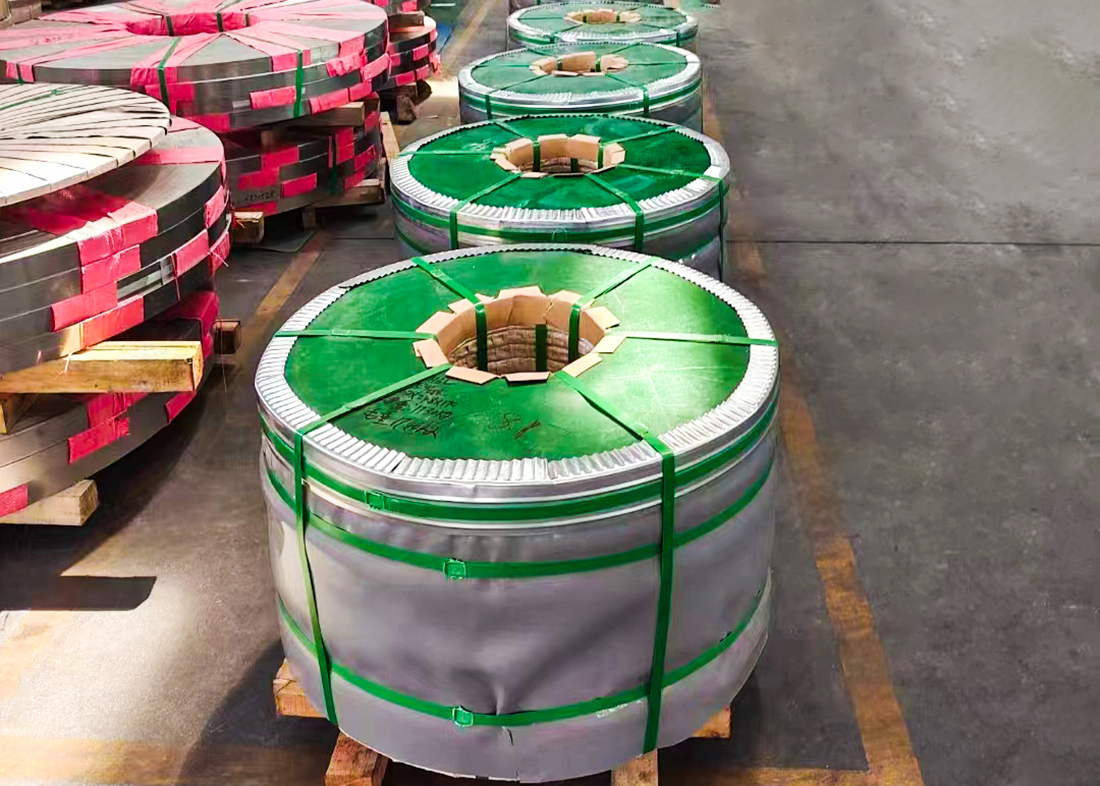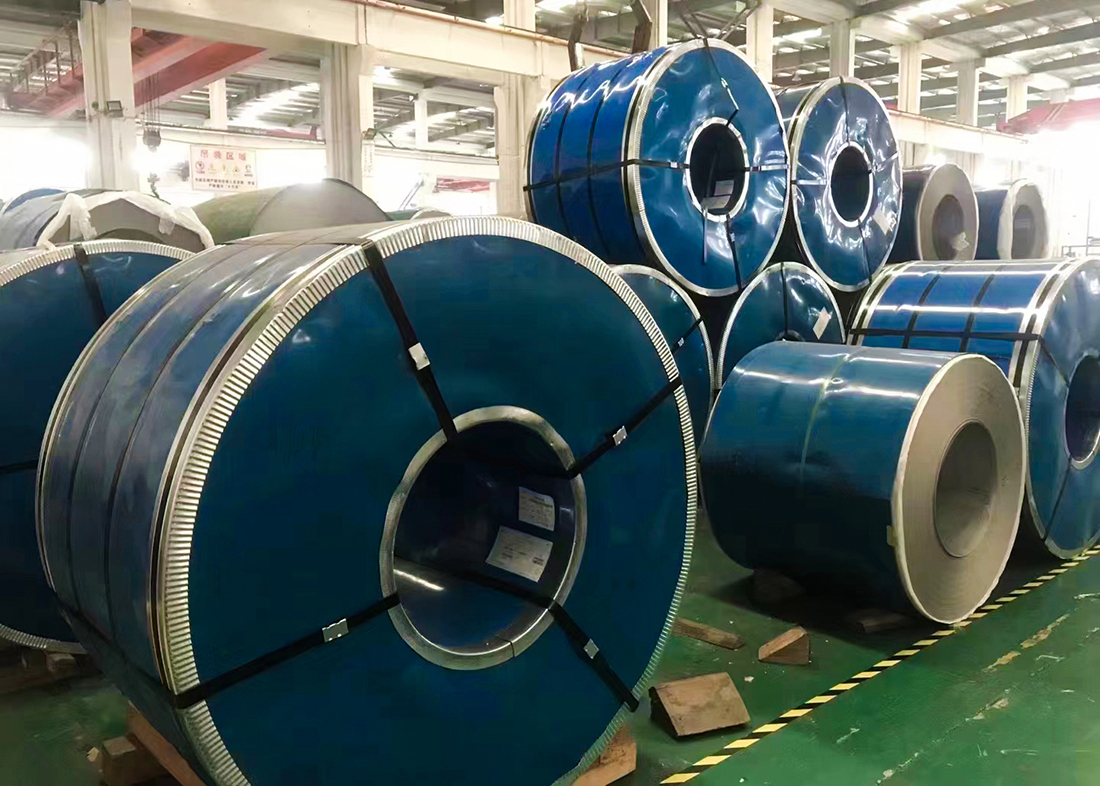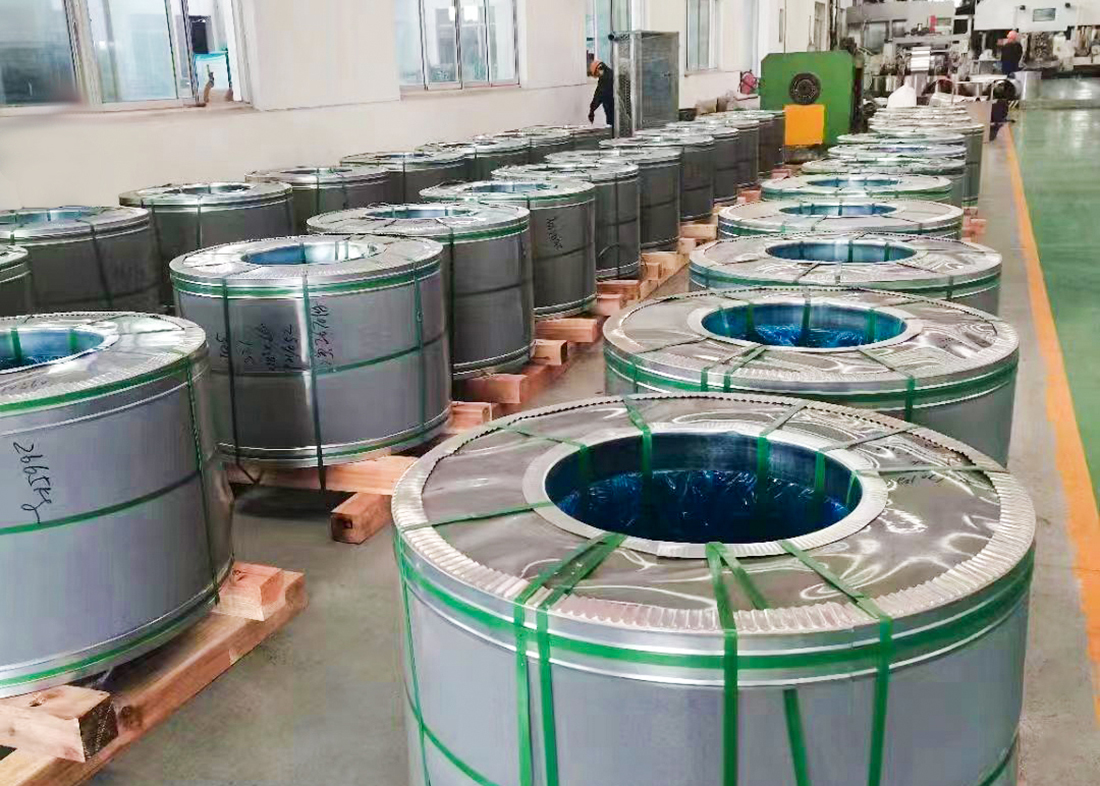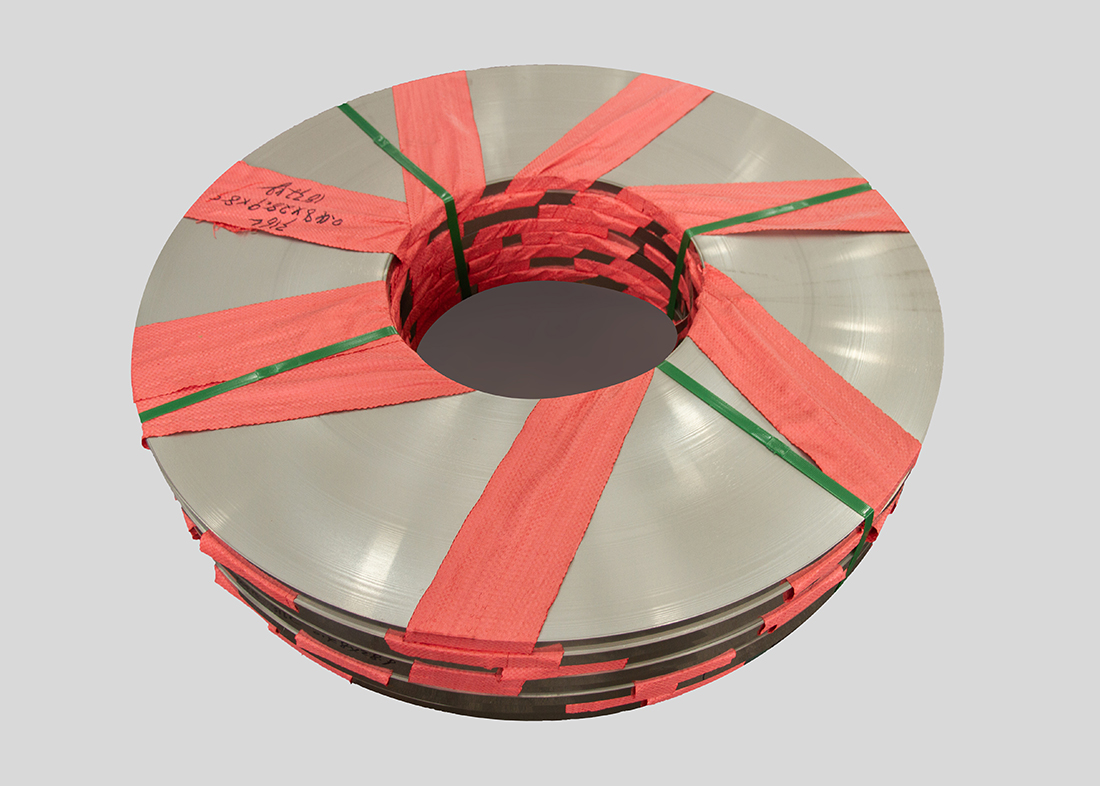
What are the applications of stainless steel coils in the pharmaceutical industry
source:www.webreda.com | Release time:2025年04月22日1.Pharmaceutical Equipment
Reactors: Used in the processes of drug synthesis, stirring, and reaction. Reactors made of stainless steel coils have good corrosion resistance and can withstand the erosion of various chemical substances, ensuring the stability and safety of the drug production process. At the same time, their smooth surfaces are easy to clean, which can prevent drug residues and the growth of microorganisms, meeting the requirements of the Good Manufacturing Practice (GMP) for pharmaceuticals.
Fermenters: In biopharmaceuticals, they are used for the production of drugs through microbial fermentation. The stainless steel material can provide a stable environment for the fermentation process, avoiding the tank body from being corroded and affecting the fermentation effect. In addition, stainless steel coils have strong processability and can be made into fermenters of various specifications and shapes according to different production needs.
Drying Equipment: Such as fluidized bed dryers, spray dryers, etc., are used for the drying treatment of drugs. Drying equipment made of stainless steel coils has good thermal conductivity and can transfer heat evenly, resulting in a good drying effect for drugs. Moreover, its surface is not prone to scaling, making it easy to clean and maintain, ensuring the quality of drugs.
2.Storage and Transportation Containers
Storage Tanks: Used for storing drug raw materials, intermediates, and finished products. Storage tanks made of stainless steel coils have good sealing performance, which can prevent drugs from getting damp, oxidizing, and being contaminated. At the same time, stainless steel has good low-temperature resistance and can be used to store some drugs that need to be preserved at low temperatures.
Transportation Tanks: Used in the transportation process of drugs. Transportation tanks made of stainless steel coils are sturdy and durable, able to withstand a certain amount of pressure and vibration, ensuring the safety of drugs during transportation. In addition, their surfaces are smooth and easy to clean and disinfect, avoiding cross-contamination between different drugs.
3.Pharmaceutical Packaging
Pharmaceutical Foil Materials: Stainless steel coils can be processed into pharmaceutical foil materials for the packaging of drugs. Pharmaceutical foil materials have good barrier properties, which can prevent drugs from getting damp, oxidizing, and deteriorating. At the same time, stainless steel foil materials have high surface quality and good printing performance, and relevant information and patterns of drugs can be printed on them.
Medicine Boxes and Bottles: Stainless steel coils can also be used to make packaging containers such as medicine boxes and bottles. Medicine boxes and bottles made of stainless steel have the characteristics of being beautiful, durable, and corrosion-resistant, which can enhance the packaging grade and quality of drugs. In addition, stainless steel has good recyclability, meeting environmental protection requirements.
4.Cleanroom Facilities
Wall Panels and Ceilings: In the cleanrooms of pharmaceutical production, stainless steel coils can be made into wall panels and ceilings. Stainless steel materials have good antibacterial and corrosion resistance properties, which can effectively prevent the growth of microorganisms and environmental pollution. At the same time, their surfaces are smooth and flat, making them easy to clean and maintaining the hygiene of the cleanroom.
Workbenches and Shelves: Workbenches and shelves in cleanrooms are usually also made of stainless steel coils. Stainless steel workbenches and shelves have the characteristics of being sturdy and durable, corrosion-resistant, and easy to clean, meeting the requirements for the storage and operation of items in the pharmaceutical production process.
【Related articles】
【Related products】
+
 WeChat ID:www.webreda.com
WeChat ID:www.webreda.com

 WeChat ID:www.webreda.com
WeChat ID:www.webreda.com











 Add WeChat
Add WeChat
 Contact us
Contact us
 The phone
The phone